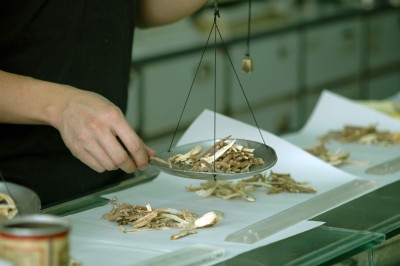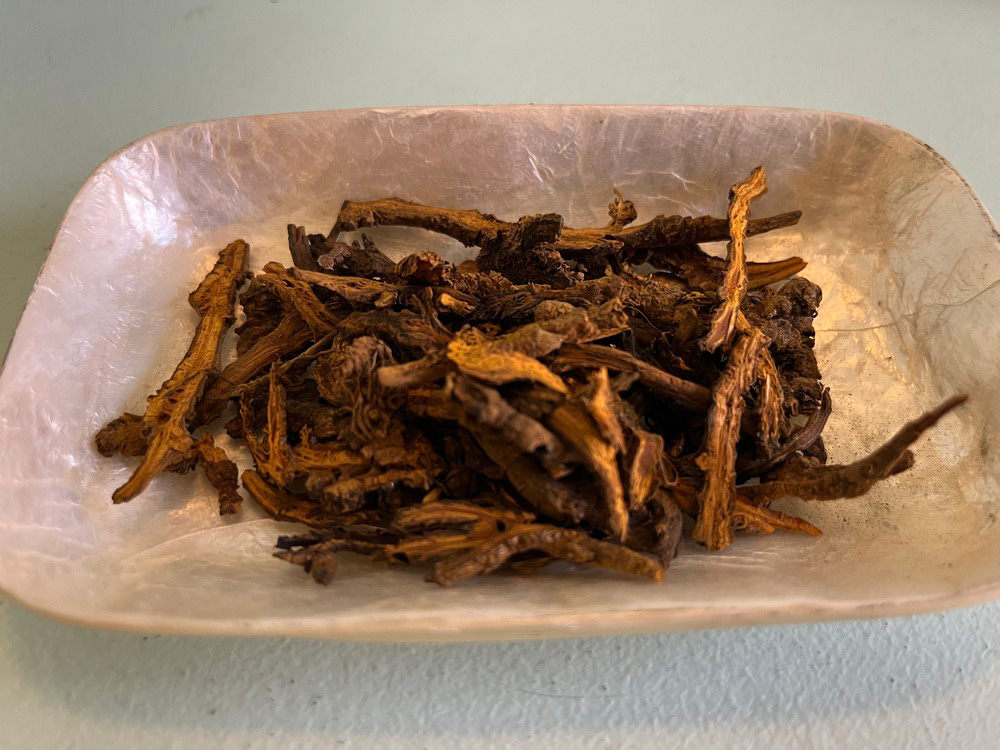
Acupuncture helps heal the whole person, not just the skin. In this success story I wanted to share about a young woman who was coming in for acne and IBS with constipation.
Her Story
The two conditions, acne and IBS-C, developed simultaneously after the patient was prescribed a long course of antibiotics to treat food poisoning which she contracted abroad. She had already finished the antibiotics as of the first visit.
Despite taking supplements, she still had frequent constipation, severe pain, and difficulty moving her bowels, and occasional loose stool.
Her acne did not vary with her menstrual cycle. She had no history of severe acne as a teen or young adult but started after the food poisoning which shows a clear relationship between her acne and gut microbiome.
The ance was red, painful papules and cysts around the mouth, chin, and forehead.
Chinese medicine exams showed her tongue was red, with a thick, greasy yellowing coating. Her pulse was rolling.
Chinese Medicine Diagnosis:
Damp-Heat and Toxicity in the Stomach
Treatment Principles are to clear heat from the Stomach, remove toxicity, move blood stagnation, relieve constipation and abdominal pain
Treatment Plan: The patient was prescribed a daily herbal formula focused on clearing stomach heat and toxicity. Weekly acupuncture for constipation and acne.
Her Results:
After one month of treatment the patient reported less abdominal pain, more regular bowel movements, and had fewer cysts forming. Her acne continued to improve until it was 50% better at three months of treatment with fewer inflammatory papules. At this point, the patient discontinued linaclotide and continued to have regular bowel movements. Her herbal formula was also modified to address the improvement in her symptoms. After six months, the acne was mostly clear with only occasional inflamed comedones. Her post-inflammatory hyperpigmentation was rapidly clearing. The patient reported regular bowel movements with no digestive pain as long as she avoided gluten. She was able to discontinue the aloe supplements. She was then weaned off the herbal formula over six weeks.
This case illustrates how dysbiosis of the gut microbiome may lead to the onset of both gastrointestinal (IBS-C) and dermatological (acne) symptoms. The combination of Chinese herbal medicine and acupuncture healed the whole person: gut and skin. The patient achieved clearer skin and was able eat normally with minimal dietary modifications and no further need for medications.



